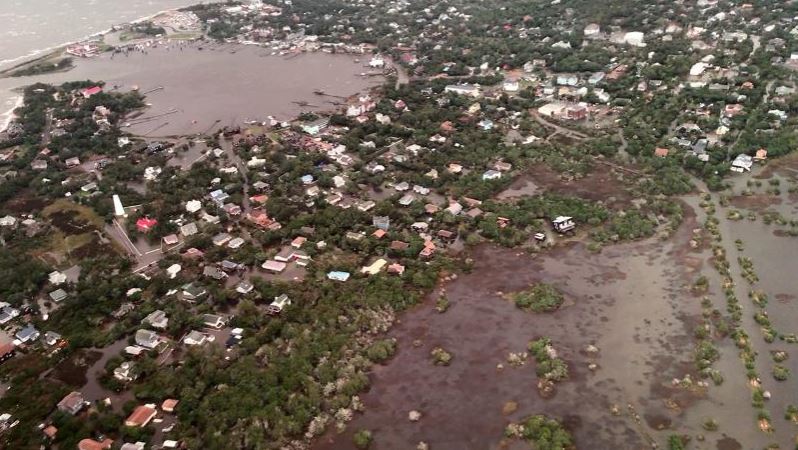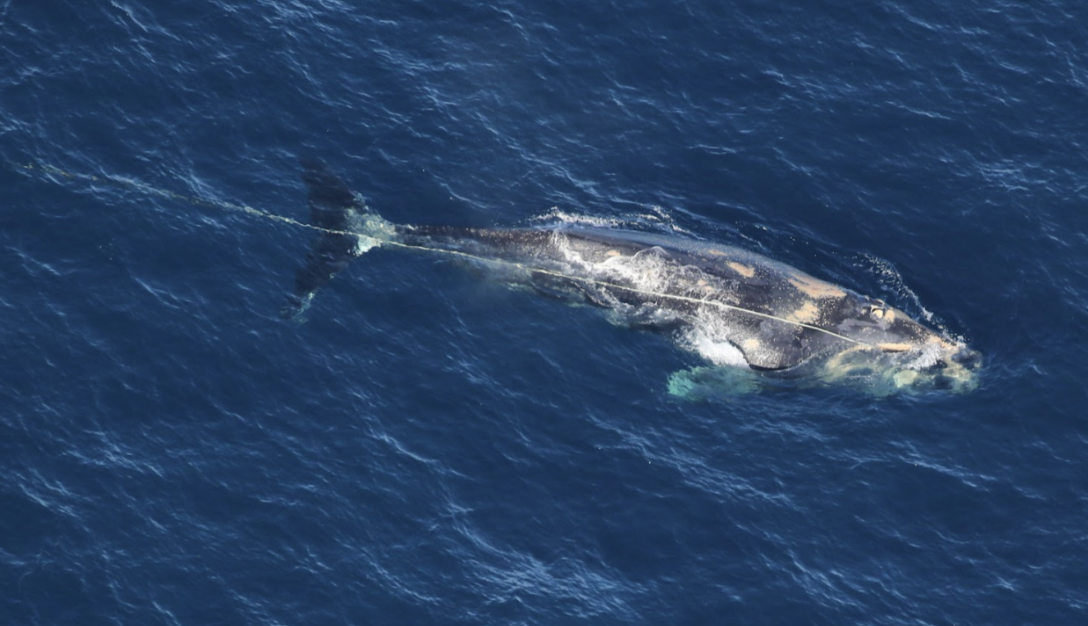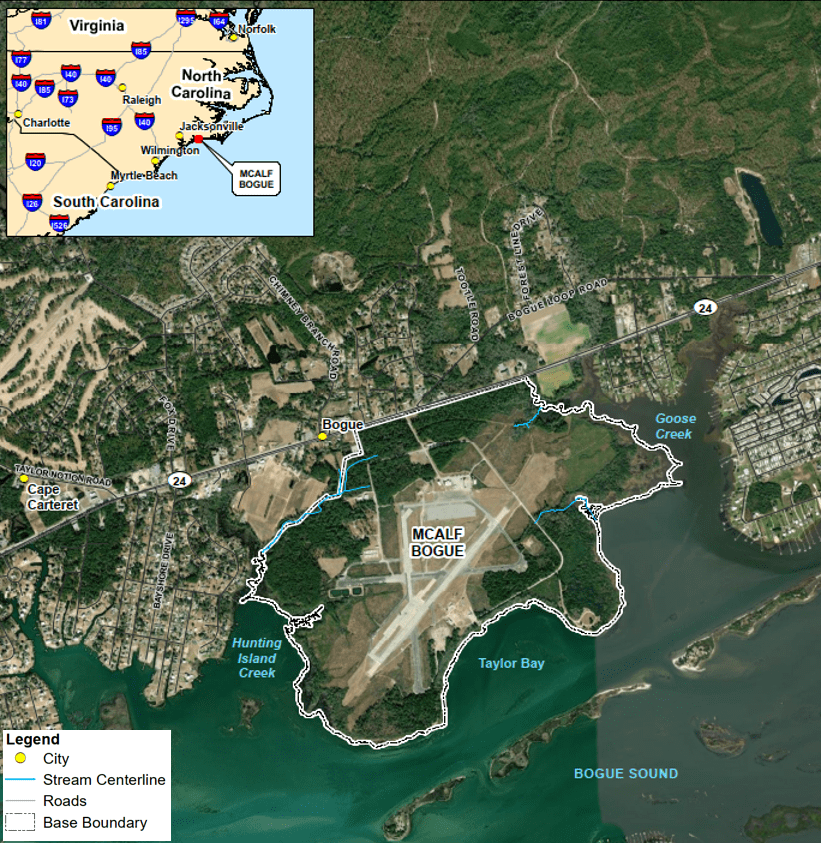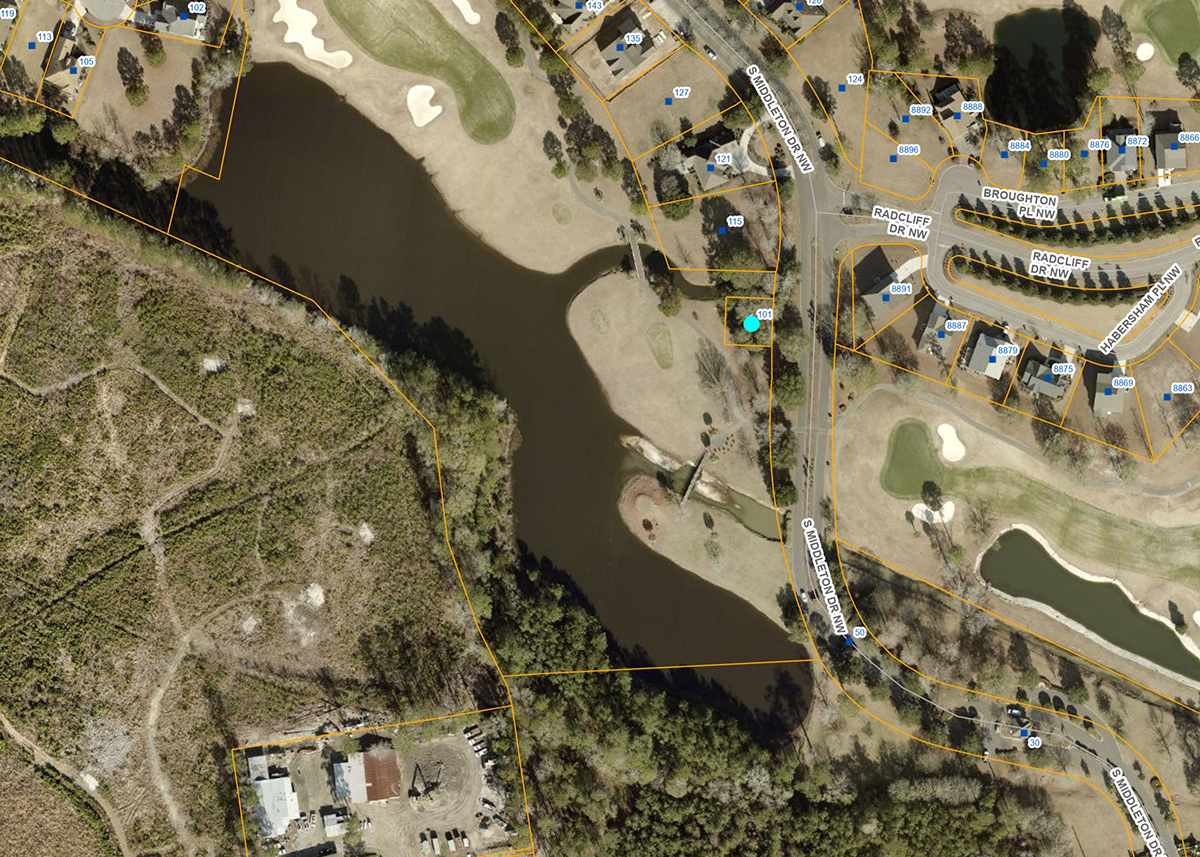
Dorian, which hit in 2019, and Laura, Eta and Iota, in 2020, have been retired from the rotating lists of Atlantic tropical cyclone names because of the death and destruction the storms caused, the World Meteorological Organization’s Hurricane Committee announced Wednesday.
The committee also decided that the Atlantic hurricane season start date will remain June 1 and the Greek alphabet will no longer be used because it distracts from communicating the hazard and storm warnings.
Supporter Spotlight
The Hurricane Committee, which agreed to the changes at its virtual session from March 15 to 17, serves North America, Central America and the Caribbean, or the World Meteorological Organization Regional Association IV, and is made up of representatives from the National Meteorological and Hydrological Services in the region.
During the meeting, the committee reviewed last year’s record-breaking Atlantic season and fine-tuned preparations for this year, including the provision of forecasts and warnings, as well as impact assessments, for wind, storm surge and flooding hazards.
“The RA-IV Hurricane Committee’s work is critical to keep our nations coordinated well before the next storm threatens,” said Ken Graham, Hurricane Committee Chair and National Hurricane Center Director, in a statement.” Hurricanes don’t care about international boundaries. We all face similar dangers from tropical systems. Impacts from a single storm can affect multiple countries, so it is critical we have a plan, coordinate our efforts, and share challenges and best practices.”
The committee looked at the formation of named storms before the official start of the hurricane season on June 1, but agreed there will be no changes to the official start date of the Atlantic hurricane season this year.
The 2020 season had a record nine named storms from May through July and ended late with two major hurricanes in November for the first time on record. The season was so active that the 21-name list was exhausted and the Greek alphabet was used for only the second time. The first time was in 2005.
Supporter Spotlight
Atlantic tropical cyclone name lists repeat every six years unless a storm is so deadly or costly that its name is retired from future lists. There have been 93 names retired from the Atlantic basin list since 1953, when storms began to be named under the current system.
The Hurricane Committee agreed on the retirement of names from 2020, along with 2019, because this was not on the agenda of last year’s Hurricane Committee due to the unfolding COVID-19 crisis.
“Developing countries and small islands in the Caribbean and Central America are increasingly vulnerable to the impacts of tropical cyclones, which can overturn years of socio-economic development in a matter of hours. In 2020, we saw this once again with tragic effect,” said Evan Thompson, President of WMO’s Regional Association for North America, Central America and the Caribbean.
“We cannot prevent this incredible force of nature, but we do have the power to minimize the loss of life and property through cutting-edge forecasts and warnings and strong regional coordination and cooperation,” Thompson, who head’s Jamaica’s national meteorological service, added.
Dexter will replace Dorian on the list of names in 2025 and Leah will replace Laura on the list of names in 2026.
The committee agreed if the standard list is exhausted to use this supplemental list of Atlantic tropical cyclone A-Z names excluding Q, U, X, Y, and Z, in lieu of the Greek alphabet. Names beginning with Q, U, X, Y and Z are still not common enough or easily understood in local languages to be slotted into the rotating lists, the committee said.







